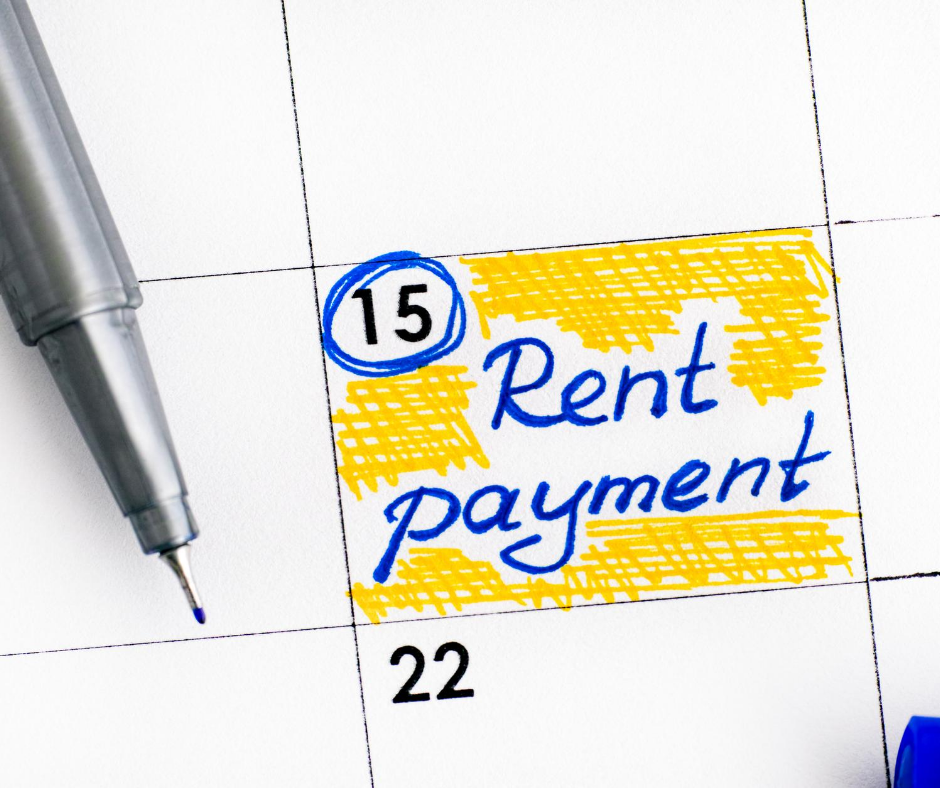
What is Rent to Own Program and does it Work?
Let’s be real—getting into the housing market in Ontario isn’t easy. If you’ve been turned down by the bank or are struggling to meet mortgage requirements, you might be considering a rent-to-own program.
At first glance, it sounds ideal: move into your future home now, rent it for a while, then buy it later. But does rent-to-own really work? And is it the smartest way to become a homeowner?
Let’s walk through what it is, who it’s for, and whether it’s truly the best path forward.
How Does the Rent-to-Own Program Work?
Here’s the basic idea: instead of buying a home outright, you sign two agreements—
-
A lease to rent the home now, and
-
An option to buy the home later (usually in 2 to 4 years).
During this rental period:
-
You pay regular monthly rent
-
You also pay an extra amount each month—called the option credit—which goes toward your future down payment
The goal? By the end of the lease, you’ve built up savings and improved your financial situation so you can qualify for a mortgage and officially buy the property from the investor or rent-to-own company that bought it on your behalf.
Sounds simple—but it’s more complex than it seems.
Who Is the Rent-to-Own Program For?
These programs are often marketed to:
-
Buyers with bruised or no credit
-
Newcomers to Canada without a long credit history
-
Self-employed individuals who struggle with mortgage documentation
-
Those recently divorced or recovering from financial setbacks
If you’re working, have some savings (typically 3–5% for a deposit), and need time to become mortgage-ready, you may qualify.
But qualifying isn’t the same as it being the best fit for you.
Does Rent-to-Own Actually Work?
Sometimes, yes. But there are serious risks buyers often don’t see coming:
-
You could lose your savings if you can’t qualify for a mortgage by the end of the lease.
-
You’re typically locked into a pre-set purchase price—even if the market dips.
-
The legal protections aren’t the same as with a traditional sale, leaving you more vulnerable.
That’s why I always recommend doing your research before committing. Start here:
👉 Rent-to-Own in Ontario: Risks, Pros & Smarter Alternatives
That article gives a full breakdown of the pros, cons, and smarter alternatives that could get you into a home with less risk.
New to Canada? What You Should Know About Rent-to-Own
If you’re a newcomer trying to enter the housing market, rent-to-own might seem like your only option—but it’s not.
This article from Arrive explains how rent-to-own programs work for newcomers to Canada. It outlines common pitfalls, what to watch for, and how to tell if the structure of the agreement truly protects your interests.
It’s a great read if you’re just starting to understand how homeownership works in Canada.
Smarter Alternatives to Rent-to-Own in Ontario
Before locking yourself into a rent-to-own deal, consider these lower-risk options that may get you to your goal faster:
✅ 1. Explore Government Assistance
There are national and provincial programs designed to help first-time buyers with down payments, taxes, and mortgage qualifications.
Take a look at CMHC’s list of Affordable Housing Programs to see what’s available in your area.
✅ 2. Work with a Mortgage Broker
An experienced broker can help you build a step-by-step plan to get mortgage-ready—sometimes in as little as 6 to 12 months.
✅ 3. Consider Joint Ownership
Buying with a trusted family member or friend could help you get into the market sooner. Not sure what that looks like? Check out my article on joint home purchases in Ontario.
Charting Your Course to Homeownership
Rent-to-own programs can offer a pathway to homeownership, especially for those facing credit challenges or limited savings. However, they come with complexities and potential risks—such as non-refundable fees and market fluctuations—that may not suit everyone’s circumstances.
If you’re exploring alternatives, purchasing a condo in the Greater Toronto Area might be a more straightforward and secure option. Condos often have lower entry prices and can be more accessible for first-time buyers. For a comprehensive guide on navigating the condo buying process in the GTA, check out our detailed article here.
Still uncertain about the best path to homeownership? We are here to help you evaluate your options and make informed decisions that align with your financial goals. No pressure—just honest advice to guide you toward a secure and fulfilling future.


